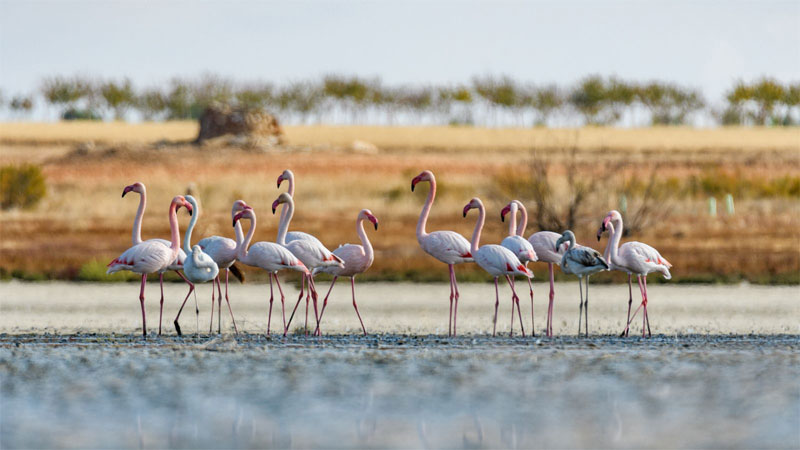A controversial new farming bill could threaten a World Heritage site in Spain, with the growing of strawberries endangering Andalusia’s Doñana wetlands.
Scientists from the University of Leeds in the UK and the Spanish National Research Council have said that urgent protection is needed for the wetlands, which is one of the largest in Europe and is home to up to half a million migratory birds, 50 species of waterbirds and the highly endangered Iberian lynx.
A bill, which has been approved by the regional government, now allows intensive irrigated strawberry farming on land originally devoted to forestry or rain-fed agriculture.
“Although Doñana still has outstanding biodiversity that justifies its conservation, it has been subject to relentless degradation over decades, which is reaching a point-of-no-return,” said professor Luis Santamaría from the Doñana Biological Station.
“Instead of taking the decisive actions required to save it, the current bill marks the return of outdated, unsustainable policies that will accelerate its end.”

The Doñana wetlands are home to 50 species of waterbirds, including the flamingo CREDIT: GLOBAL NATURE FOUNDATION
The Doñana National Park was established as a nature reserve in 1969 when the World Wildlife Fund joined with the Spanish government and purchased a section of marshes to protect it.
The ecosystem of the wetlands has been under constant threat by the draining of the marshes, the use of river water to boost agricultural production by irrigating land along the coast, water pollution by upriver mining, and the expansion of tourist facilities. In 1994 the site was listed by Unesco as a World Heritage Site, enabling the establishment of programmes to preserve and manage the area.
Spain has been threatened with sanctions by the European Commission as a result of the bill, which also poses an economic risk, with major retailers in Europe having already voiced concerns about the environmental impact of Spanish strawberry imports.
“We can only hope that reactions against this bill will trigger new conservation policy,” said professor Julia Martin-Ortega who co-authored a paper in the Nature Water journal alongside professor Santamaría raising concerns.
“It’s extremely important that any decision moving forward is taken on the basis of scientific evidence, which in this case is unequivocal: Doñana’s ecosystem is in danger.”
Read the Nature Water journal letter in full here